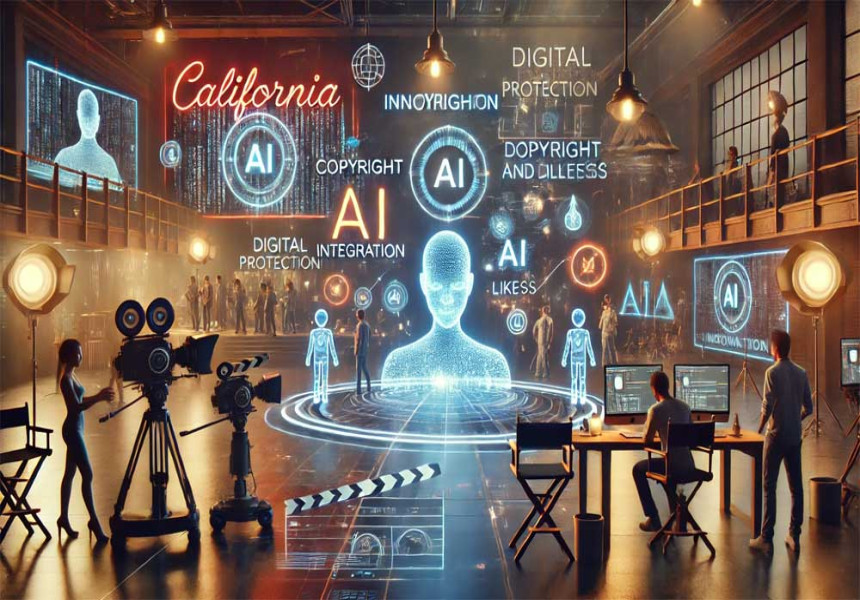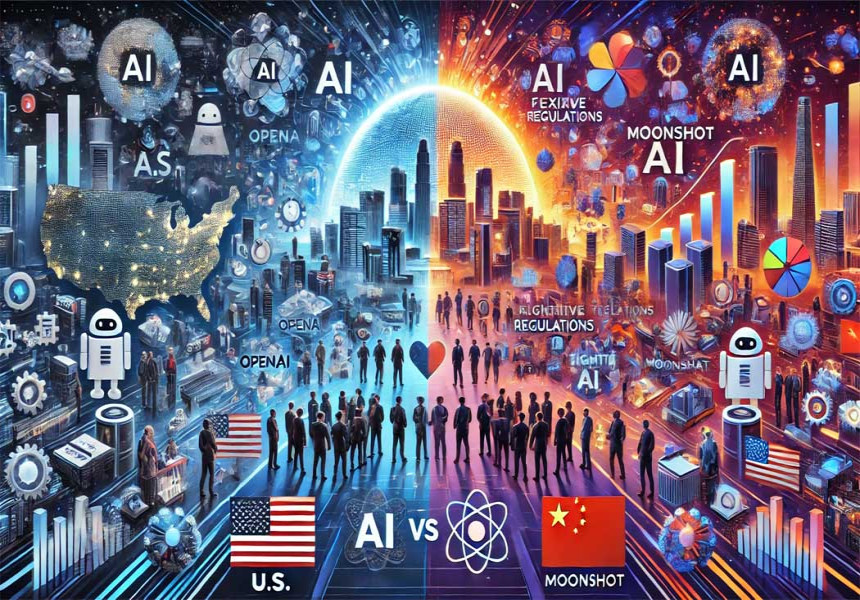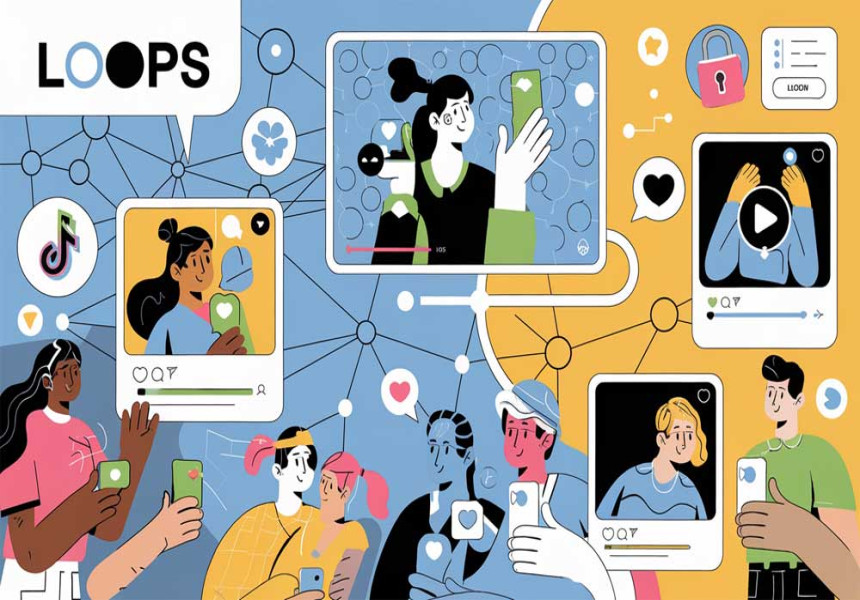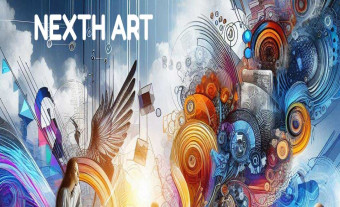Lionsgate Partners with Runway: Revolutionizing Film Production with AI
In a groundbreaking move, Lionsgate has entered a partnership with AI startup Runway to develop a custom video generation model. This initiative aims to leverage Lionsgate's extensive catalog of film and television content, known for major franchises like The Hunger Games and John Wick, and is set to transform content creation in the entertainment industry.
Partnership Overview
The collaboration centers on Runway's ability to create an AI model tailored to Lionsgate’s proprietary portfolio. The model will assist filmmakers and creative teams with video generation, offering tools for storyboarding, background creation, and even special effects. According to Lionsgate Vice Chair Michael Burns, these AI-driven processes will streamline pre-production and post-production stages, saving “millions” in production costs.
Enhancing Creative Workflows
The AI model will enable directors and producers to visualize scenes through new cinematic capabilities that require less manual work. Filmmakers can generate visuals based on text prompts, synthesize backgrounds, and experiment with creative effects, making production more efficient and flexible. Lionsgate filmmakers have expressed enthusiasm for integrating the technology, seeing it as a valuable addition to creative and technical workflows.
Setting a Precedent in AI and Film
This partnership sets a notable precedent for using AI trained on proprietary content. It also addresses copyright issues surrounding generative AI, as Lionsgate intends to license this AI model specifically for creative work. Runway’s CEO Cristóbal Valenzuela highlighted AI’s transformative potential, focusing on empowering artists and studios with advanced tools to support storytelling.
Financial and Technological Implications
Beyond creativity, Lionsgate anticipates substantial financial benefits from reduced production costs. The AI model could help balance budget constraints that the studio faces amid box office challenges. Runway’s generative technology will be fine-tuned on Lionsgate’s content to replicate the studio’s visual style, ensuring that any generated video aligns with the brand's established look and feel.
Industry Context and Future Implications
This partnership is part of a broader trend, as more studios are adopting AI technology to stay competitive in a rapidly evolving media landscape. As the entertainment industry moves toward AI adoption, legislative efforts are underway to address copyright concerns, with California recently proposing laws that give performers greater control over their digital likenesses.
The Lionsgate-Runway partnership signifies a pivotal moment in the integration of AI in Hollywood. This AI model is expected to redefine production workflows, offering filmmakers a new suite of tools to streamline the creative process while meeting financial goals. With AI’s potential to drive cost efficiency and enhance creativity, Lionsgate is poised to set a new standard in film production, paving the way for more innovative storytelling in the entertainment industry.
The partnership between Lionsgate and Runway is emblematic of a broader trend, as more studios integrate AI to remain competitive in an ever-evolving media landscape. As AI transforms content creation, enabling sophisticated video generation and interactive storytelling, studios are exploring innovative applications to streamline workflows and reduce costs.
At the same time, there are pressing legislative and ethical questions, particularly concerning the protection of creative rights and digital likenesses. California has recently proposed new laws giving performers greater control over their digital identities, a move that seeks to address copyright concerns raised by the adoption of generative AI in entertainment. These legislative efforts underscore a need for balance between technological innovation and the protection of intellectual property, aiming to ensure that AI in film production respects the rights and contributions of artists.
As more entertainment companies adopt AI-driven production tools, the industry is navigating a complex, transformative moment where regulatory frameworks will play a crucial role in shaping the future of creativity.









